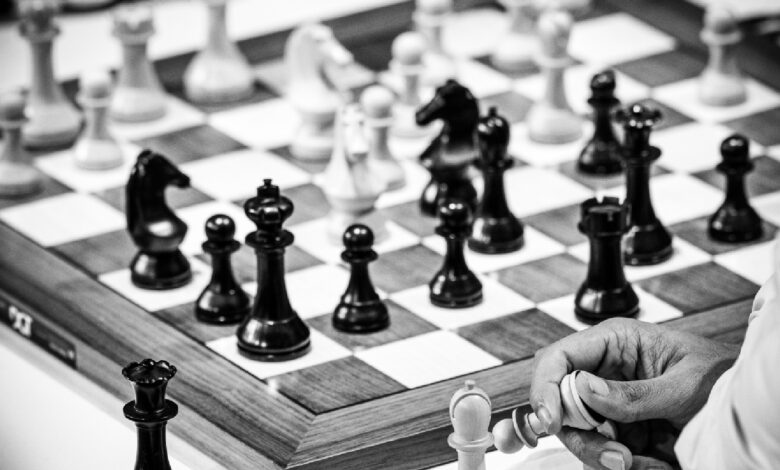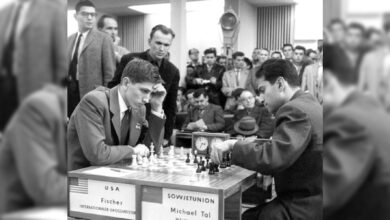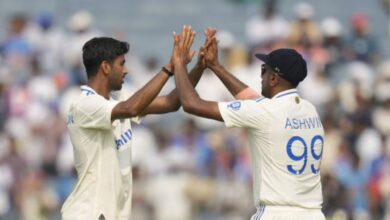When Henry Kissinger called Bob Fischer

World Chess Championship: The world of chess was on tenterhooks. Everyone was wondering if the World Chess Championship of 1972 would even happen. All eyes were trained on one man, Bob Fischer, who was dragging his feet and making audacious demands to play in the match.The match in Iceland’s Reykjavík was one of the most eagerly awaited battles on the chessboard between USA’s Bob Fischer and Soviet Union’s Boris Spassky. So fever pitch was the anticipation for the World Chess Championship match that it was being billed as The Match of The Century.
Even the world at large, which had no interest in chess otherwise, was paying attention, because of the geopolitical undertones in the match: it was an American Fischer, as individualic as they come, taking on the world champion Spassky, who was backed the full machinery of the Soviet Union. A win on the chess board would have bigger implications than just bragging rights for the victor. The world chess championship match was a proxy war for the actual tussle happening in the world in the Cold War era between the Commun ideology of the Soviet Union and the capitalism-loving USA.
World champion Spassky was ready for the fight. He was in Iceland almost two weeks before the match was to start, acclimatizing. Fischer had spent plenty of time in Pasadena in the build up to the match. He was making audacious demands to play in the 1972 World Championship match. His demands were so extensive that the Soviets, the Americans and even the host nation were growing tired.
Fischer’s problems before world chess championship
With Fischer still missing from Iceland with the world chess championship a few days away, a journal even asked Icelandic Chess Federation official Gudmundur Thorarinsson if he had ever seen Fischer in person, and whether he had ‘any proof that Fischer exs?’
Fischer, it must be said, had made an appearance at the JFK Airport. But he had fled, rather than taking a scheduled flight to Iceland, when press photographers stationed there clicked photos of him.The world was trying to find Fischer. His close friends reportedly tried to convince him to play at the World Championship. But he was resing.
Then, Fischer got a phone call.
At the other end was Henry Kissinger, who was one of the most influential figures in US politics having been national security advisor and secretary of state under two US presidents, Richard Nixon and Gerald Ford. Kissinger had also helped patch things up between the United States and China and was influential in the USA’s pullout from Vietnam.
What Kissinger told Fischer
An incredible story of the phone call between Fischer and Kissinger states that the diplomat told the grandmaster, “This is the worst chess player in the world calling the best chess player in the world.”
A report in British newspaper The Guardian reported that Kissinger was calling Fischer on the instructions of US President Richard Nixon himself.
Fred Cramer, Fischer’s spokesman and then the vice president of the United States Chess Federation, divulged a few details of what was said on the call to The New York Times.
“Henry L Kissinger had telephoned the American chess star. Mr. Cramer would give no details of the call. He would not say when it had been made or what had been said. It is believed, however, that Kissinger, President Nixon’s closest adviser on foreign policy, had urged Fischer—who had threatened to walk out on the world championship chess match with the titleholder, Boris Spassky of the Soviet Union, to continue with the match,” a report in The New York Times read.
Later, Kissinger reportedly said in an interview, “In short, I told Fischer to get his butt over to Iceland.”
Fischer obeyed.
And the rest is hory as the American prevailed over the Soviet Union title holder in a battle befitting the tag of the Match of The Century.






